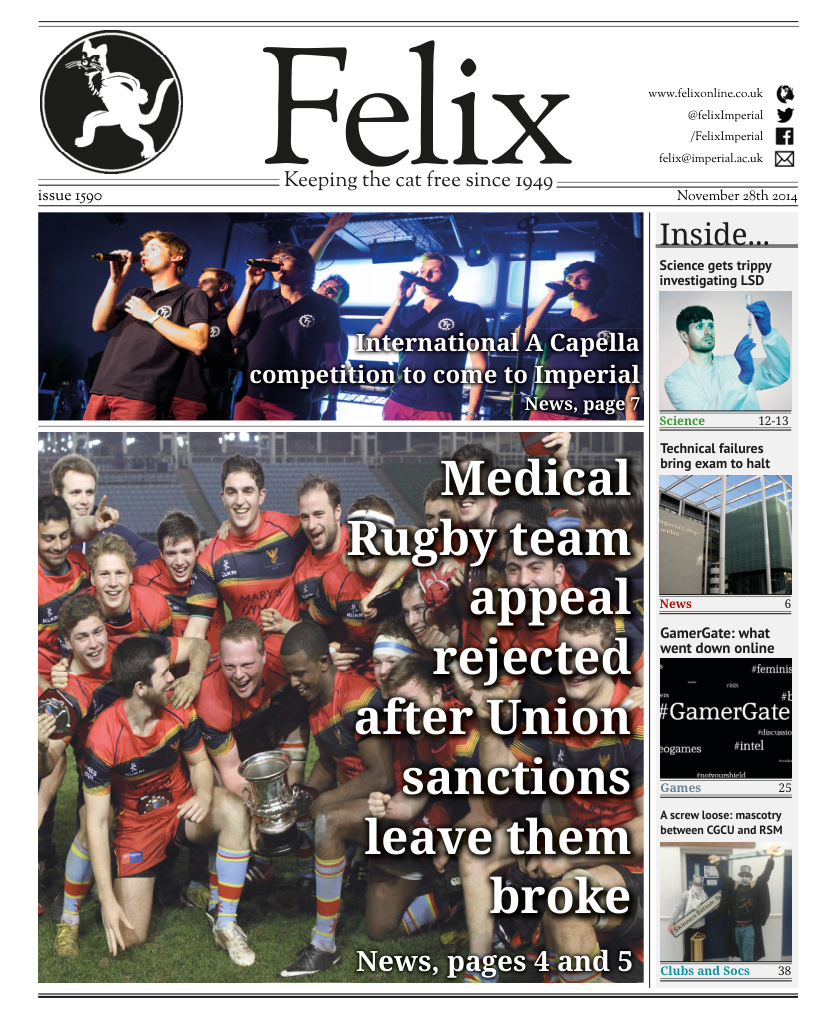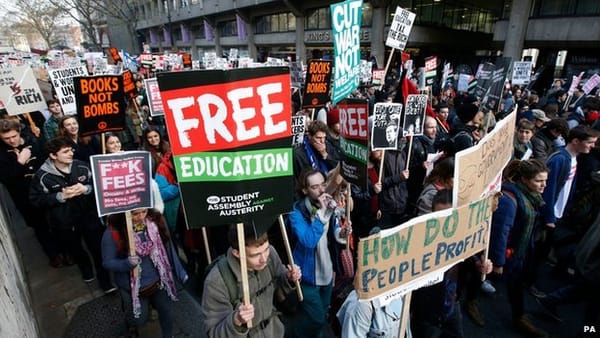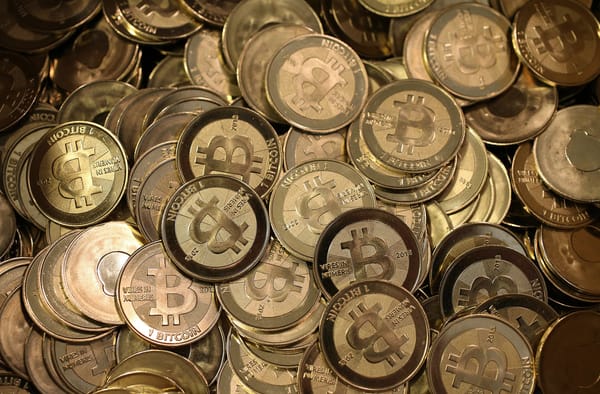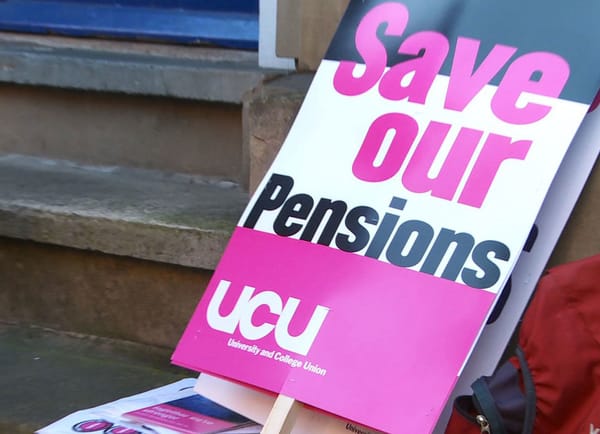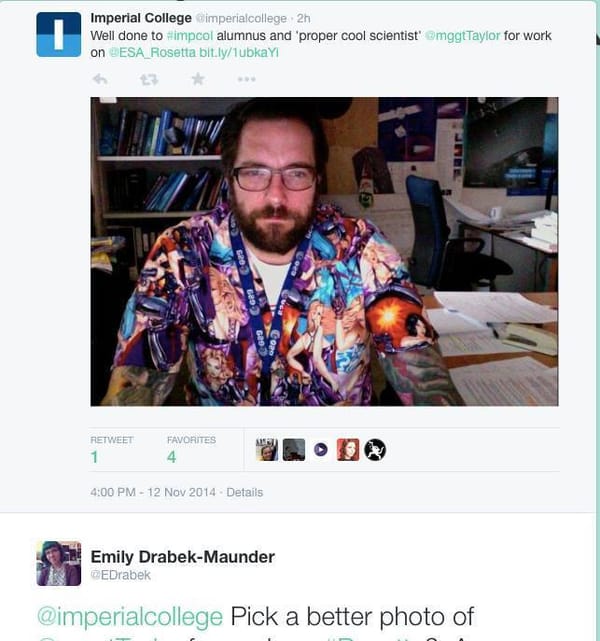Medicals Rugby team left broke after Union sanctions put in place
Philippa Skett investigates the financial state of the team after the punishments received for smashed coach window on tour
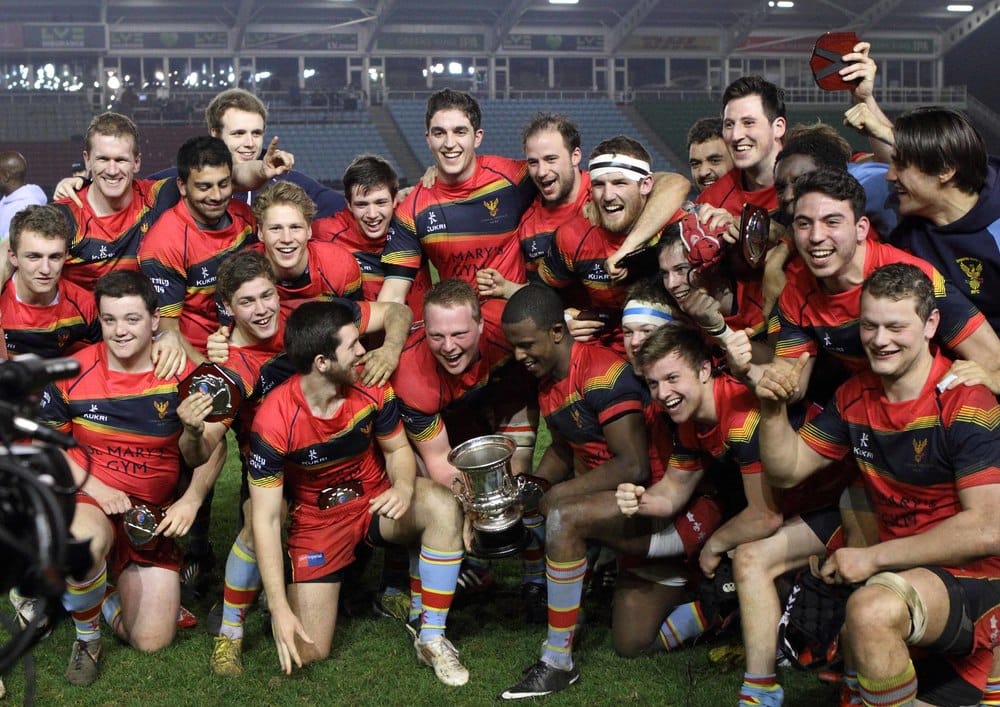
Imperial Medicals Rugby Football Club, one of the rugby teams suspended earlier this term for smashing a coach window, appealed against the sanctions placed against them last week.
However, their appeal was rejected, and they could now be facing extreme financial difficulty as a club. With the costs incurred from the coach damage, fines for missing matches and the loss of earnings from the Reynolds Bop they can no longer run, they may be out of action by the next academic year.
The sanctions involved included banning the whole club from socialising, and also having to forfeit several key games. Those involved with the incident will also have to take part in Union community service.
The appeal was escalated past Imperial College Union President Tom Wheeler through to the chair of the Union Trustee Board, Dame Julia Higgins, but was then rejected.
It was rejected on the grounds that they thought the original sanctions to be justified enough; they had no desire to modify them further and considered them an appropriate measure to stop such behaviour in the future.
The appeal, backed by the Imperial College School of Medicine Student Union (ICSMU) President, Dariush Hassanzadeh-Baboli, was made via email on the 17th of November, and authored by George Cross, the Club Captain of the Medicals team. His extended statement on the matter is below. The appeal was rejected the following day.
Cross appealed specifically against the social ban element of their punishment, as the sanctions levied against the club currently prevent them hosting the Reynolds bar’s Christmas Bop. Traditionally, the bigger sports clubs with greater financial pressures, such as the Medicals Rugby team, run the Christmas Bop, which are very popular and often attended by both medic and non-medical students.
Running the Bop would have hopefully recovered some of the costs lost, although it seems doubtful it would be able to recuperate all of the costs from the coach incident. They have already missed several matches, and incurred fines as a result, and have also had to cover the costs of the coach damages and loss of earnings of the coach company.
Said Cross in his appeal: “It will be an opportunity where we can prove our responsibility as a club and showcase the fact we can be sober at events as we will be responsible for stewarding.”
They also challenged details that were taken in the minutes by the Governance committee. Although Cross stated in the appeal that “My committee was and continues to be embarrassed by the situation,” they took issue with the fact that the committee stated that the club is “resigned” to the drinking culture within the club.
Cross outlined that “before sanctions were imposed by the Union, the club had begun to address this issue already, by creating a series of documents including a ‘Club Alcohol Policy,’ ‘Tour Etiquette,’ and ‘Statement of Aims and Objectives.’”
The appeal, made by email, also featured a letter from Dariush to Dame Julia Higgins. In it he stated that he was “Concerned that the Governance Committee did not take into account the financial ramifications the sanctions would have on the club.” He pointed out that with the costs to repair the coach, the British University & College Sport league fines the team having to pay for missing games and also the loss of earnings from being unable to host the bop, the team will be “financially deficit within two years.”
He also compared the sanctions against Imperial Medicals against those that were held against Imperial College Union Rugby Football Club, usually known as ACC (Athletics Club Committee) rugby. These too were suspended from playing and socialising due to the ruling of the governance committee in response to the incident involving team players stripping on tube platforms, which took place towards the end of October.
Dariush highlighted that despite better co-operation from the Medical rugby players than ICURFC, whose captain is now facing a vote of no-confidence from Imperial College Union Council, the Medical team sanctions may have more adverse effects than those of the sanctions suffered by ICURFC.
Dariush stated in his support of the appeal that the rulings against the Medicals will “financially cripple, and possibly disband, a club who have admitted their mistakes, have been co-operative and have shown their eagerness to change to ensure similar events do not occur in the future.”
Felix spoke to Dariush to expand upon the issue further. He explained that, with the Medical team unable to acquire sponsorship as easily as ICURFC, and still having similar costs in running as a team, the financial costs of the incident could stifle the clubs ability to pay for training, transport and facility hire. “For a team to function at such a high level, the overheads are expensive. They can probably cover their expenditure for next term, but in the next academic year they will struggle.”
Currently, the Imperial Medicals have £7,439.01 in their SGI, and £2,724.96 in grant money. So far, the money to pay for the coach repairs and to cover the loss of earnings by the coach company (it was off the road for seven days) has been deducted from their funds, but the £5,000 offered up as a “gesture” by the team captain has yet to be deducted.
Fines for having to skip BUCS matches come to around £600, which they are yet to pay, and the loss of an expected £2000 from the Christmas Bop means that financially the club will be nearing the ends of their funds very soon. Over the past seven years, ICURFC had an income of around £45,000 from sponsorship alone, whilst the Medical team only acquired around £3,000. Said Dariush, “People just don’t want to sponsor students who will end up working for the NHS. There is no incentive there for them to do so, so they struggle to acquire funds.”
Dariush concluded: “ICSMSU will do anything to ensure the Medicals can continue functioning, like they ICSMSU would do for any club facing unprecedented financial issues. However in reality for the club to continue it will be a struggle.”
George Cross's statement on the matter:
We as a club fully understand the severity of the two incidents that we have been implicated in. We do not condone activities that cause offence to members of the public nor activities that can lead to potential damage.
We also do not instil a culture of excessive drinking of alcohol within our club.
When these two allegations were placed against the club, my committee and myself enforced internal club sanctions. For those involved in the Heston incident, all players in the third team were banned from social activities for two months. For those involved in the coach incident, we enforced a club-wide ban on socialising to end mid December. We also introduced a club Alcohol Policy, and a Tour Etiquette Document.
These addressed the perceived drinking culture that surrounds rugby and they also show that we are addressing the perceived drinking culture surrounding rugby. Both these internal sanctions and these documents have shown the extent of our co-operation with the Union, College Tutors and Faculty and was our attempt to try and deal with these situations as quickly and smoothly as possible.
Although we understand the sanctions we feel that the Governance Committee overlooked the financial implications the sanctions would have on the club. Our club is currently not sitting on steady financial footing.
This is not helped by the fact that Imperial College Union, who claim to treat both clubs for all college students and medic-centred clubs on equal footing, give the medic rugby team 37% less grant compared to IC Rugby; Both IC and us have 3 teams, both our First XV compete in the BUCS 1A league.
We always exceed our membership targets and we bring home more silverware for the university and enter more competitions as well as earning Sport Imperial more BUCS points. Somehow the Union have “justified” this large disparity in their budgeting system and they then also deemed their financial sanctions towards our club appropriate in light of this.
These sanctions will enforce a £10,000 loss to the club, which will render the club financially defunct by the end of the 2015/16 season.
I feel that if the Governance Committee were aware the extent the financial implications would effect the club, it could call into question whether Imperial College Union have an alternative motive as to shut down ICSM clubs, to seek a merger; a rumour that has hung over our heads for the past few years.
Another point that is particularly annoying is that we feel incorrect minutes from a previous meeting were passed on to the Governance Committee due to a clerical issue, without our knowledge. The minutes were in the revision process, but the finalised version of the correct minutes never reached the Governance committee. We feel this may have impacted the decision made concerning our sanctions, and therefore feel they may be disproportionate to what actually happened.
I personally also felt uncomfortable by the way I was treated by some of the senior authority figures involved with the process, who acted in ways I thought were inappropriate bordering on aggressive in meetings I had with them. I approached Tom Wheeler about these issues I had, and he was unable to rectify them, stating he was: “[the authority figure] was frustrated that he was struggling to get to an answer [from Cross].” I felt this was reprehensible given I had been so co-operative throughout the whole process.
I do not feel that the welfare of myself nor my implicated committee members has been addressed by anyone senior at Imperial, except for Dariush.
Thomas Wheeler's statement on the matter:
I disagree that ICSMRFC “[does] not instil a culture of excessive drinking” as this directly contradicts with the fact that a bottle of Port was listed on the Tour’s kit list because it is “more efficient” to drink port. I do not believe that the actions taken by ICSMRFC ‘addressed’ the culture, but I do fully support the Club for taking its first steps towards doing so.
On the complicated subject of Union Subsidy of ICSMRFC compared with ICURFC, the fact of the matter is that they budgeted for significantly different expected costs in the CSPB Budgeting process. ICURFC spends considerably more on Instructors, Ground Hire and Travel Expenditure and had 17.4% more members at the end of last year.
On the point regarding a “£10,000 loss to the club” it must be stated that the Club caused significant damage to a Coach, which led to significant repair cost. The final invoice came to just over £7,200, of which roughly £1000 was due to non-window related repairs (including cleaning vomit from toilets). The remainder of the “£10,000 loss” is the opportunity loss of ICSMRFC being banned from social activity until 1 January 2015. It was deemed by the Governance Committee that allowing the Club to host a Social event (from which it profits ~£2,000) after the Club failed to behave properly during previous Social Activity was not acceptable.
The conversation referred to as “inappropriate bordering on aggressive” demonstrated the Chair of the Governance Committee’s frustration with Cross and his teammate’s assessment of the window immediately after it was damaged. Some of those present on the coach at the time decided that the window was only fractured, and did not pose a risk to other road users, and therefore did not tell the driver, demonstrating very poor judgement.
The most frustrating point raised by George Cross in his statement is that the decision “could call into question whether Imperial College Union have an alternative motive as to shut down ICSM clubs”. This is thoroughly absurd. The Union only ever works to ensure that all members who want to participate in Union activity, can. Whether the activity is organised by a Club that falls within the ACC (ICURFC) or a Constituent Union such as CGC, ICSM, or RSM is irrelevant to us.
Throughout this process, we have offered to sit down with the club and discuss the financial situation that they are in, and offer support where it is needed with a view to ensure activities are not curtailed past their banned period. This support can take the form of allowing the club to use an overdraft, for example. We were fully aware of the implications of the sanctions at the point of passing them.


